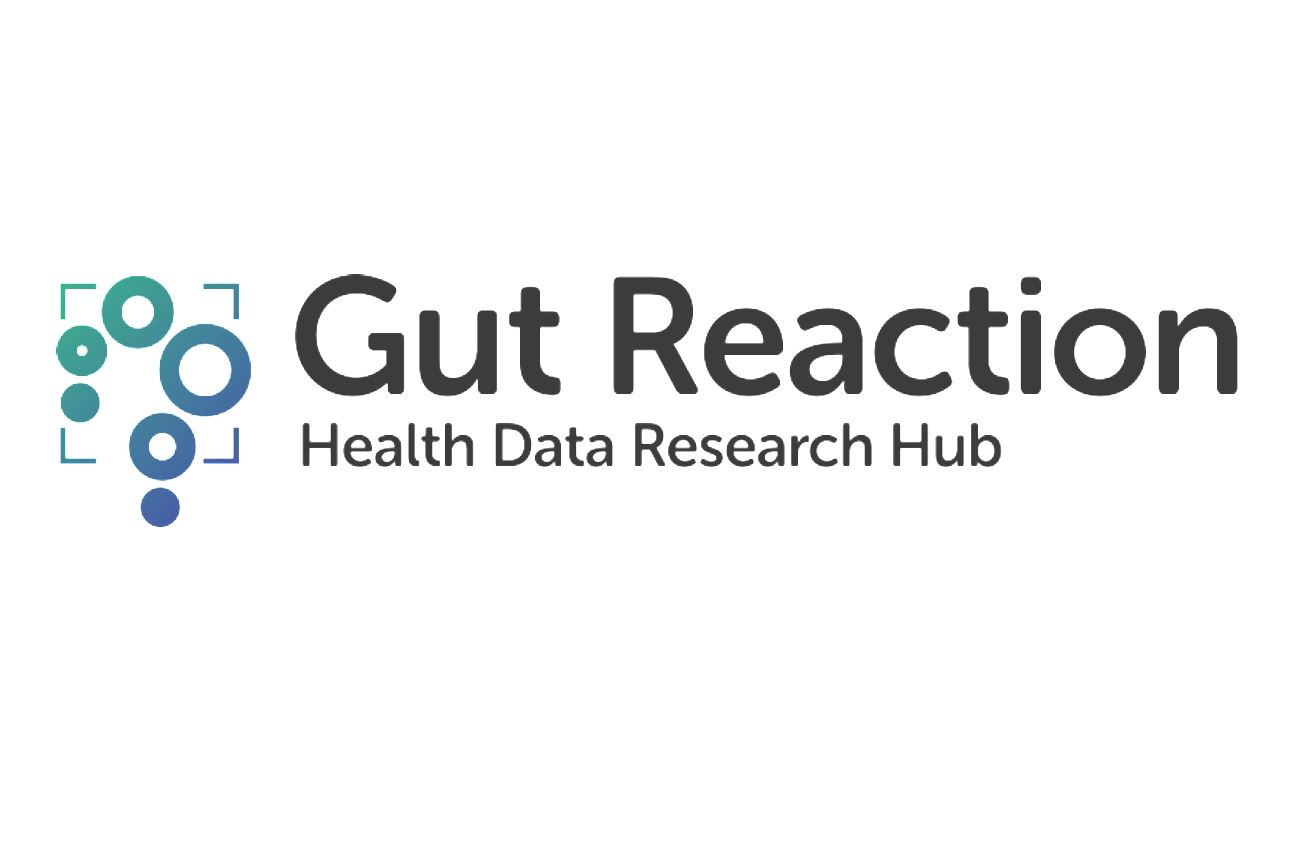Meet the Hubs: ‘Gut Reaction’ – The Health Data Research Hub for Inflammatory Bowel Disease
14 November 2019 | Author: Professor John Bradley, Consultant Physician
Guest Blog: Professor John Bradley, Gut Reaction Hub Director
Crohn’s Disease and Ulcerative Colitis are the main forms of Inflammatory Bowel Disease (IBD), a common disease with debilitating symptoms. Latest studies suggest that IBD affects around 500,000 (or 1 in 130) people in the UK. Therapies often target the immune system, but results are variable, and over 80% of patients with Crohn’s disease and 15% with ulcerative colitis currently require major surgery. There is an urgent need to better understand why patients respond differently to treatments in order to improve outcomes.
Since our Hub was launched last month, we have been busy establishing our programme office and formalising the teams that will deliver on different streams of work for the hub. We are also travelling the country, from Edinburgh to Exeter to meet with clinical leads and information management teams at collaborating hospitals to understand local governance approval processes and submit our requests for data.
The engagement and support from patients to date has been incredible, and based on feedback we have decided to change the name of our hub from G.I. Know (the GI reference was lost on many), to ‘Gut Reaction’. We are also delighted that the number of participants continues to rise, [our presentation slides are rapidly going out of date!] At the time of writing, nearly 30,000 patients from 100 hospitals across the UK have joined the NIHR IBD BioResource to take part in medical research. By telling us about their health and lifestyle, allowing access to their health records, and providing a sample for genetic analysis these patients can be invited to take part in research studies aimed at developing personalised treatments.
The information that patients provide, together with information collected by the UK IBD Registry, is of immense value. We are looking forward to working together, and building on our extensive collective insight and experience, to deliver data driven research, and new hope for patients with IBD.



